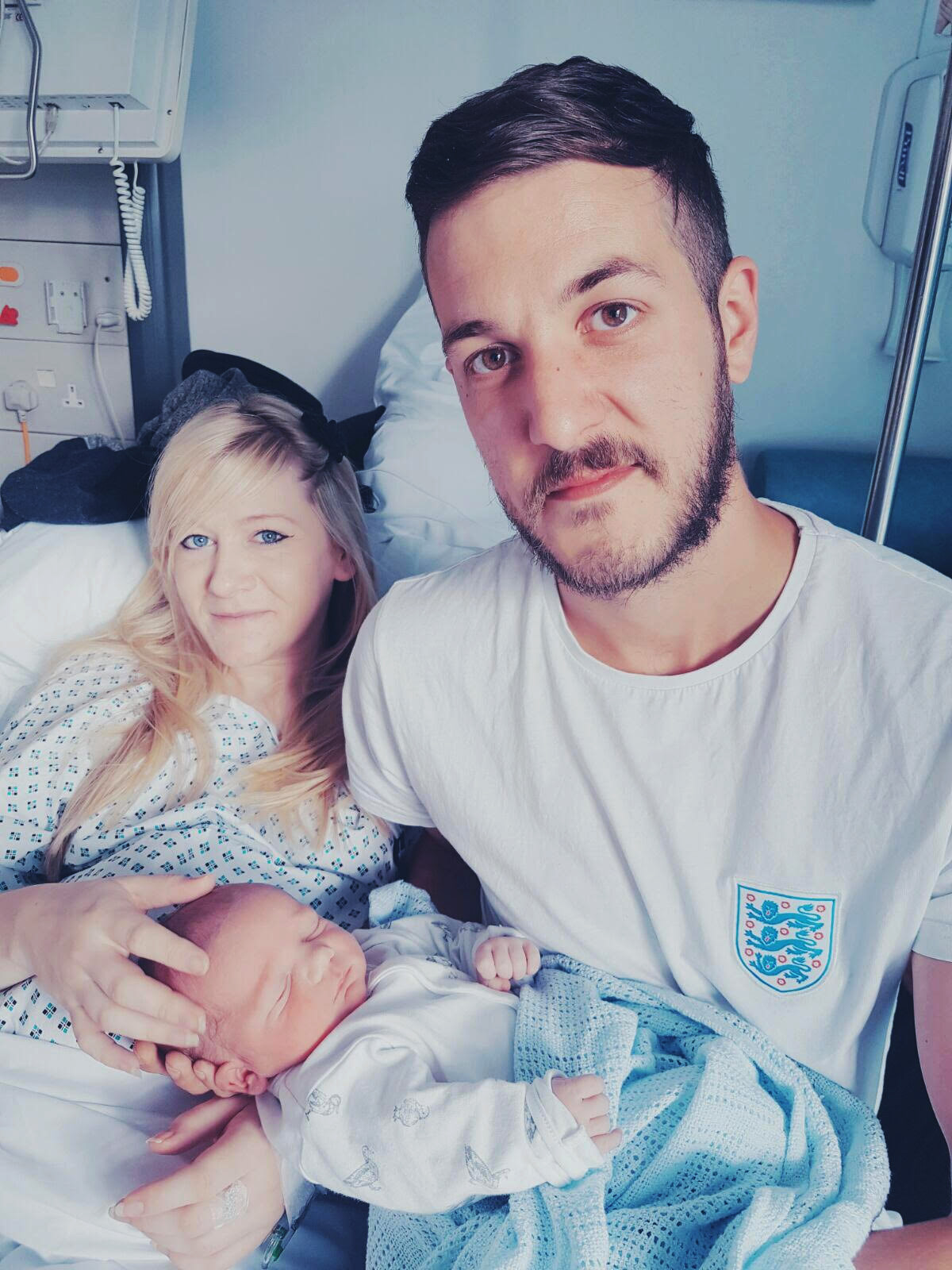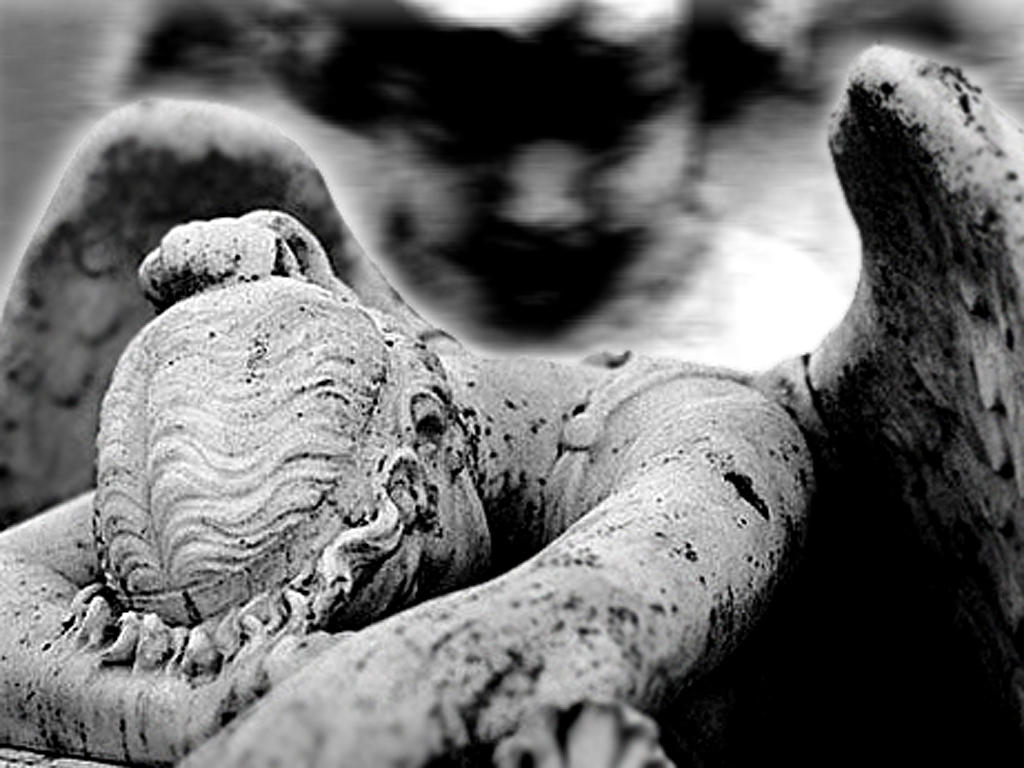
- Goose
- Cogito ergo sum
 Offline
Offline 
- Registered: 1/29/2015
- Posts: 13,427
The Tragic Case of Charlie Gard
America
The Jesuit Review
What some pro-lifers have overlooked in the case of Charlie Gard
Michael Redinger
Michael Redinger is a psychiatrist and medical ethicist at the Western Michigan University Homer Stryker MD School of Medicine, where he is co-chief of the program in medical ethics, humanities and law.
The case of 15-month-old Charlie Gard is undeniably tragic. His parent’s plea to maintain his life support in order to take him to the United States to receive experimental treatment was rejected last week by the European Court of Human Rights. The case has galvanized pro-life activists and journalists who see the court’s decision as a triumph of the culture of death, bureaucratic and judicial indifference, and heartless health care rationing.
But despite their good intentions, many observers appear to have misapplied church teaching in their ethical analysis of Charlie Gard’s case and may have fallen into the trap of vitalism: the prioritization of the prolongation of human life at all costs, regardless of pain or suffering.
Regardless of whether or not you think the courts should have the right to make this decision, the proper application of Catholic moral reasoning could be seen to ultimately support the E.C.H.R.’s final decision to withdraw life support.
In my work as a medical ethicist and clinical ethics consultant, I am frequently asked to help identify the ethically optimal solution as people approach death. In my profession it is often said that good medical facts precede good ethics. Here are the facts of the Gard family’s case.
It is undisputed that Charlie Gard suffers from a mitochondrial disorder that has led to brain damage, frequent seizures, progressive muscle wasting and respiratory failure (loss of the ability to breathe independently), necessitating mechanical ventilation for his survival. There is also a general consensus that life in this state is painful for Charlie and that he is unable to comprehend or meaningfully respond to this pain. Finally, Charlie’s parents and advocates have claimed that there is a potential treatment available in the United States that may ameliorate his otherwise irreversible and terminal condition. Taking these facts into consideration, church teaching can then be applied to Charlie Gard’s case.
In his encyclical “Evangelium Vitae,” Pope John Paul II states that medical treatments may be classified as either ordinary or extraordinary. Ordinary treatments are those which, in the eyes of the patient or their surrogate decision maker, the expected benefits outweigh the anticipated risks and are generally considered morally obligatory. Extraordinary treatments are those in which, in the eyes of the patient or their surrogate, it is uncertain if the benefits outweigh the risks and burdens or possible that the risks and burdens will outweigh the benefits. These treatments are considered morally optional.
In grave situations at the end of life, Catholic ethicists recognize that most treatments are considered extraordinary. Patients and their surrogates may, and often do, justifiably choose not to pursue further toxic chemotherapy or painful cardiopulmonary resuscitation as they come closer to death. Society often grants wide latitude to parents making choices in the best interest of their children, asking them to weigh potential treatments and goals of care based on their perception of their child’s quality of life.
Out of respect for patient autonomy, physicians generally follow the informed choices of their patients or their surrogates, even if they would not make the same choice for themselves or their loved ones. To this point, readers might reasonably conclude that if Charlie’s mechanical ventilation helps maintain him so that either he experiences an acceptable quality of life in the eyes of his parents or if his suffering is tolerable on a temporary basis until he is able to access a potentially beneficial experimental treatment, then his parents’ wish to keep him alive ought to be respected.
There are, however, medical treatments that fall outside of the ordinary and extraordinary frameworks. One category includes those treatments that are termed futile or, more accurately, “nonbeneficial,” and it has been an increasing focus of both secular and Catholic medical ethics. Physicians are not obligated to offer treatments that, in their medical expertise, have no reasonable chance of success or in which the harms so far exceed the potential benefits that it becomes inhumane to provide them. To do so violates the ancient maxim to “first, do no harm.” The framework surrounding nonbeneficial treatment appears to have appropriately guided the reasoning of the British High Court in its ruling of the case before it went to the E.C.H.R. on appeal. The British High Court thoroughly consulted with experts in Britain and Spain, as well as the doctor offering the potential treatment in the United States.
It was clear that the treatment had never been tried in a patient with the specific mitochondrial defect that Charlie Gard has. There was no prospect it would change the underlying structural damage that has already occurred to his brain and no clear evidence that the therapy would even be able to cross the blood-brain barrier. Further, the experimental treatment would expose Charlie to potentially unanticipated risks that are impossible to quantify.
After collaborating with the treatment team in Britain, the physician in the United States who agreed to treat Charlie acknowledged the remote chance of any benefit. The court noted that the ability to pay was not in question, as the family has raised sufficient funds from generous donors to pay for the related costs. Rather, what guided the court’s decision was solely consideration for Charlie’s best interest.
When life is valued so highly relative to other goods, its pursuit becomes detrimental.
The Bishops’ Conference for England and Wales, the Pontifical Academy for Life and Pope Francis have not contradicted the E.C.H.R.’s decision to deny Charlie prolonged life support in order to receive experimental treatment.
While expressing sympathy and prayerful support for the Gard family, their public statements have acknowledged that at times medicine is powerless to cure terminal illness. None of these church leaders insisted on continuing artificial life support at all costs, nor did they argue against the proper role of the state to either protect the best interests of children or to resolve disputes between patients, their families and their physicians.
The tragic case of Charlie Gard is one in which some well-intentioned members of the pro-life community reflexively leapt to the defense of the Gard family. In doing so, they unfortunately failed to recognize the nuances of Catholic teaching on end-of-life care.
When life is valued so highly relative to other goods, its pursuit becomes detrimental. In effect, life itself becomes an idol.
Last edited by Goose (7/10/2017 2:56 pm)
We live in a time in which decent and otherwise sensible people are surrendering too easily to the hectoring of morons or extremists.
- tennyson
- Exchanger
 Offline
Offline 
- Registered: 2/06/2015
- Posts: 6,654
Re: The Tragic Case of Charlie Gard
It is so tough especially with one so young to accept that there are no other treatments or resources. When a person is near the end of their natural life it may be more acceptable to say there is nothing more to do. I don't know the correct answer here, but I am taken back by the lack of what the parents want to do to be the most important consideration (especially that there might be a treatment). No matter what, it is certainly a heart breaker for one so young to be in this situation.
Last edited by tennyson (7/10/2017 6:50 pm)
"Do not confuse motion and progress, A rocking horse keeps moving but does not make any progress"
- Tarnation
- Administrator
 Offline
Offline - From: Upstream where water's clean
- Registered: 1/29/2015
- Posts: 1,237
Re: The Tragic Case of Charlie Gard
Aye, Tennyson, the real tragedy is that Charlie's parents are in deep denial.
What makes their situation unique--and the Europeans courts' ruling so unjust--is that they are using only their own money or the money given to them through GoFundMe offered up by voluntary donors. No public funds; no funds from the "shared risk" of an insurance pool.
So if they wish to spend their own resource on a Queotic experimental treatment which may do little good but do no harm, nor divert resources from patients more likely to benefit, that should be their business and their business alone.
Life is an Orthros.
- Goose
- Cogito ergo sum
 Offline
Offline 
- Registered: 1/29/2015
- Posts: 13,427
Re: The Tragic Case of Charlie Gard
"I entrust little Charlie to the Father and pray for his parents and all those who loved him."
Pope Francis.
Last edited by Goose (7/28/2017 4:25 pm)
We live in a time in which decent and otherwise sensible people are surrendering too easily to the hectoring of morons or extremists.
- •
 1 of 1
1 of 1